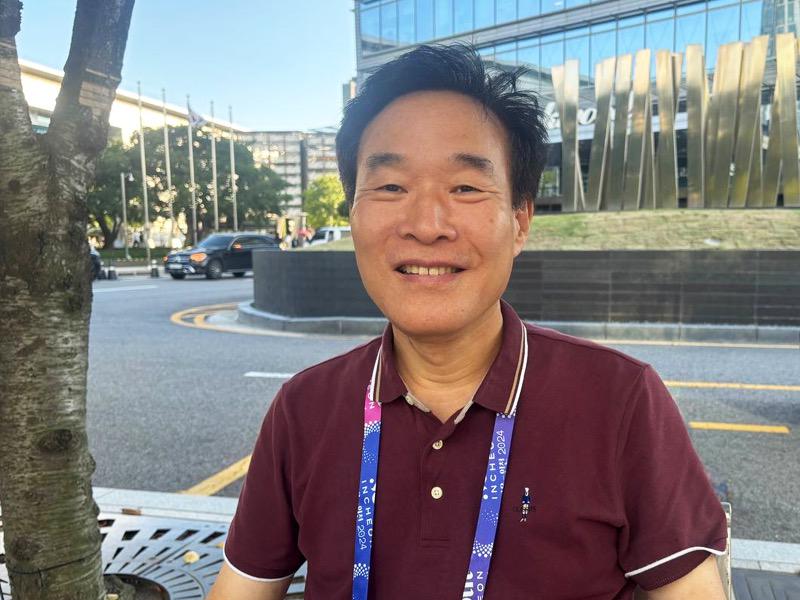Chang-Hwan Kim, a medical professor, and former Korean missionary, shares his reflection on the Fourth Lausanne Congress (Lausanne 4) on World Evangelization as living out the gospel in every sphere, advocating for social justice, and raising a younger generation of fair-minded leaders.
Kim is a medical doctor and professor at Inha University Hospital and was trained as a medical missionary. At the same time, he serves as an elder in a Presbyterian church.
Having visited over 20 countries for medical missions, Kim has encountered diverse Christian communities, including Orthodox believers in Russia, Coptic Christians in Egypt, and Catholics in France. “Though they have different theological backgrounds and histories, they are brothers and sisters in Jesus Christ,” he said.
His experiences have broadened his perspective beyond denominational lines, even though he identifies as Presbyterian.
Most Korean Presbyterians are relatively conservative, he said. He believes the reason is the division between the secular and the sacred—a concept rooted in Buddhism—influences Korean Christianity. Some Korean Christians view the kingdom of God as being in heaven and do not consider secular work important.
“But in the Bible, we are told that the kingdom of God is here on earth,” he said.
In Korea, the religious work is mostly limited to pastors who make up less than three percent of church members, with few leaders or organizations aiming to equip lay Christians.
“Religious work is only in the church, but our Christian life is outside the church,” he said. Though some pastors have concerns about social issues, they cannot work with them. He believes that professionals should work outside the church.
Kim has been a member of the Christian Medical Fellowship (CMF) for over 30 years, which has more than 10,000 members with the vision to establish the kingdom of God in the workplace, resonating with the Lausanne statement that every Christian should live their life following Jesus in every sphere of life, especially in the workplace. Kim also served as the president of CMF for four years.
Among Lausanne’s participants, he notes that only 30 percent are ordained pastors, while the remaining 70 percent are lay members.
Regarding the outcome of Lausanne 4, the Seoul Statement, Kim considers it to still be active but somewhat old-fashioned compared with the Cape Town Commitment of 2010.
The Cape Town Commitment was born in an environment where liberation theologians in Latin and South America wanted to overcome colonial issues, which were far more advanced at that time.
As a Korean, he knows clearly about the scar of the Korean Peninsula. He explained that the primary plan of the Allied Powers after World War II was to divide Japan, but ultimately Korea was divided instead to counterbalance communist influence from Russia and China. “But the war crime was done by Japan,” he said.
Not only are conflicts present between South and North Korea, but other countries have also suffered under imperialism, fighting each other within this imperialist backdrop.
Jesus said, "All who draw the sword will die by the sword,"—a teaching "contrary to imperialism," Kim said. He believes the Seoul Statement should include a clear call for Christians to oppose war, as it is “unlawful to the kingdom of God.”
Kim believes the younger generation holds promise for the future, as they are serious about God's word and more attuned to fairness.
However, Korean churches often marginalize young people and women, who are underrepresented in church leadership. Although men make up only about 30 percent of the congregation, they hold up over 90 percent of leadership positions, with elders and pastors typically being over 50 or 60 years old.
“I want to raise the younger generation with their real voice,” he said. “I want to protect them and open a channel for them to receive training and become fairer leaders.”
To Chinese Christians, Kim encourages them to be the light and salt of China. He believes that Chinese Christians can provide unique perspectives free from imperialist influences and pray that they will lead the world toward greater harmony.












